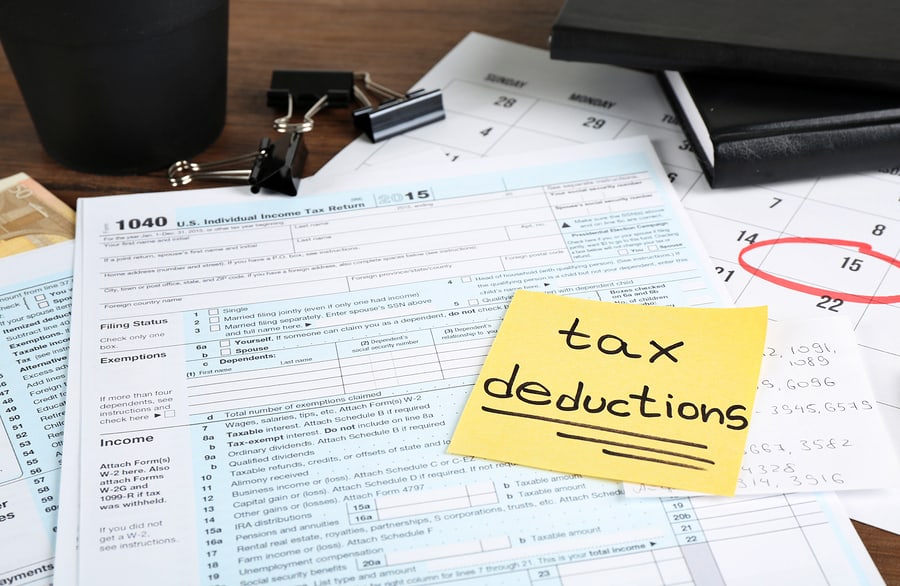Performing a property inspection is one of the most important jobs of a landlord or property manager to ensure that the property is being maintained. Periodic inspections are common yet plays a vital role in keeping your investment in excellent condition and profitable in the years to come.
This is the purpose of a property inspection and every landlord who doesn’t conduct one might never know which damages are caused by tenants and which are the result of normal wear and tear. More unfavorably, the landlord might not be able to claim or deduct from the tenant’s deposit for any damages at the end of the lease contract.
Property inspections not only does it track the condition and quality of your rental property, but it acts as an insurance that protects your investment. Inevitably, damages to your property will happen as tenants start living in your property. That’s why conducting rental property inspection alongside the tenant before moving in is critical for a couple of reasons. One key reason is to be able to easily identify any damages caused by the tenant during move-out inspections.
When to Conduct Inspections?
There are several types of inspections that a landlord (or a property manager) can perform:
- Before hiring / changing a property management company.
- In the event that you’ve decided to hire or change a property manager, don’t miss going over your property from top to bottom and documenting the condition. This can serve as your assessment especially when your property manager requires a pre-agreement inspection.
- Move-in or Ingoing Inspection.
- Ideally, the landlord and the tenant should walkthrough the property to do the inspection together. There are instances that landlords give their tenants a rental inspection checklist to complete in 24 hours after moving in. Move-in property inspection will act as your baseline for your rental investment; so make sure to do so meticulously at the start of the lease.
- Move-out or Outgoing Inspection.
- This type of inspection takes place at the end of the lease. You and the tenant go around the property taking note of the damages whilst comparing your move-in checklist. Like the move-in inspection, this inspection is compulsory by law, so you can claim any deductions from the tenant’s deposit.
- Seasonal or Interim Inspections.
- Seasons change so doing an inspection every few months is necessary to make sure everything is in good working condition. Checking the plumbing, furnace filters, or gutters before winter will benefit your tenant and works for your advantage as well. The main reason is that it would be costly to do any repairs or replacement at an inopportune time.
Performing the right type of inspection throughout the rental cycle is essential to keep your property investment in top shape. As a landlord, owning a rental property comes with risks such as property damage; and one way to protect yourself from costly repairs is through routine property inspection. Not giving tenants proper notice may be illegal, so check with Texas state laws to know how landlords should handle inspections.

Need help with your property inspection?
Your rental property is an investment that needs regular inspections whether it’s occupied or vacant. Property inspection is a landlord right that should be done correctly and efficiently. Contact Apogee Properties if you need help with your property inspection. Apogee Properties specializes in managing properties enabling landlords to have a hands-off approach to managing their investments.
Working with Apogee Properties
Apogee Properties is Houston’s leading real estate management company. We work and live in Houston and our property managers are local. We’ve been in business for more than a decade providing comprehensive property management services in the Houston region ranging from a studio condo to a multi-family million dollar estate.
Apogee looks forward to hearing from you and sharing what we can offer to your Houston property. Contact us today to learn more!










